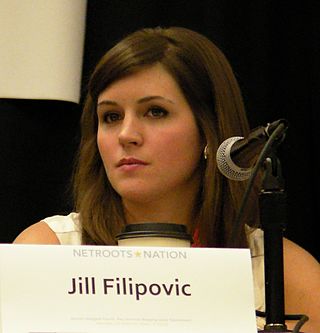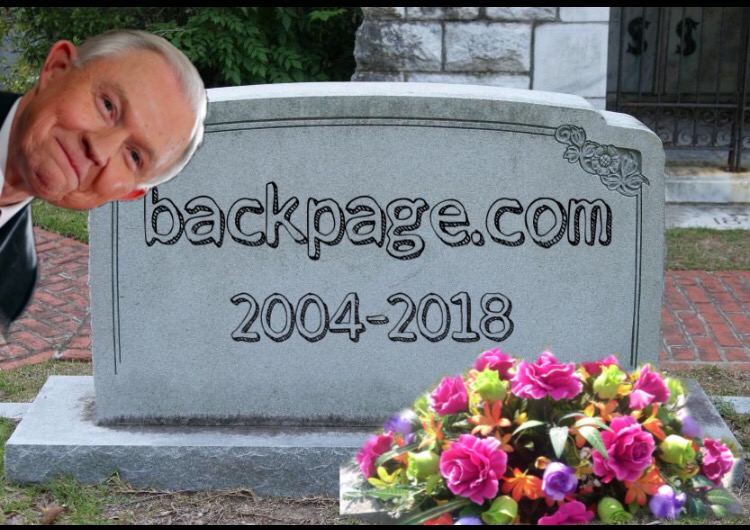On August 24, a police officer on duty with the Columbus, Ohio police department named Andrew Mitchell shot and killed sex worker Donna Dalton, leaving her two children motherless. Like others who habitually inflict state sanctioned violence onto the bodies of marginalized people, Mitchell says he “feared” for his life, despite friends describing Dalton as… Continue reading Donna Dalton, Jill Filipovic, And The Eternal Lightness of Anti-Sex Worker Feminist Being
Category: Politics
On Backpage
At this point in the SESTApocalypse, as I finally emerge from the paralyzing fog of wtf-wtf-wtf around the death of our business model, we’re all sick of thinking and talking about it. We’re sick of wondering how the hell we’re going to manage, sick of watching high-end workers become paranoiac internet security experts, sick of… Continue reading On Backpage
The Stormy Daniels Effect, Part II: Post SESTA/FOSTA Edition
When I first identified “The Stormy Daniels Effect” here at Tits and Sass, my theory about the power of sex worker class-consciousness, the Stormy Daniels media cyclone was just beginning to brew. This week, after her 60 Minutes interview on Sunday night, it briefly became a full on news cycle shit storm. Commentary on Daniels… Continue reading The Stormy Daniels Effect, Part II: Post SESTA/FOSTA Edition
SESTA Vs. Stormy Daniels
The fact that porn workers have always been popular scapegoats for the broadest strokes of politics and media is hardly news for those who work in the sex industry. There are myths claiming pornography leads to violence and there is the historical fact that porn workers have protected our civil rights. Protecting our First Amendment… Continue reading SESTA Vs. Stormy Daniels
Bareback: Re-Opening The Dialogue On Safer Sex In The Age of U=U
Bareback sex feels fucking amazing. I know, we’re not supposed to talk about that. We’re not supposed to talk about bareback fucking without following it up with that ubiquitous “but use a condom!” statement. However, many communities face significant barriers to condom use and have very legitimate reasons for foregoing them—and these are the communities… Continue reading Bareback: Re-Opening The Dialogue On Safer Sex In The Age of U=U




